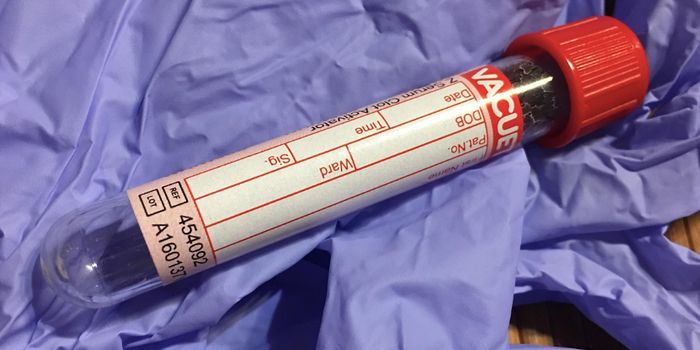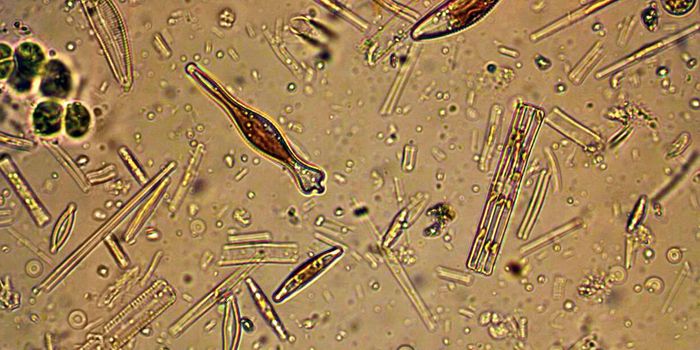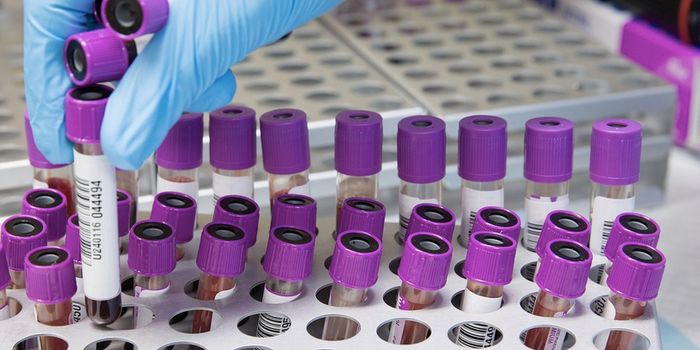Insight Into the Molecular Basis of Rheumatoid Arthritis
New research has shown how variants in an immune gene can lead to a high risk of developing the autoimmune disorder rheumatoid arthritis (RA). RA is estimated to affect about one percent of people worldwide. It causes swollen, stiff joints, and can be extremely painful. The disease can cause joints to break down over time as the immune system mistakenly attacks the lining surrounding the joints, called the synovium, thickening it, which eventually destroys the cartilage and bone in the joint.
The region of the genome that encodes for Human Leukocyte antigen molecules can produce many different peptides. T cell receptors are meant to be able to differentiate between self and non-self, in part through this group of peptides. However, some forms of HLA have been connected to autoimmunity.
Some individuals carry variations of a gene that plays an important role in the immune system, called Human Leukocyte antigen (HLA)-DR4, which increase their risk of developing RA. In this study, the researchers examined how immune cells called T cells recognize the HLA-DR4 molecules encoded by this gene.
People that are susceptible to developing RA were found to carry very similar T cell receptors that probably have similar recognition characteristics; some people have T cell receptors that can trigger an immune response when they interact with a portion of the HLA-DR peptide. After a seven year effort, the findings have been reported in Science Immunology by an international team of researchers.
"This suggests that there may be an immune signature of RA development, providing a potential avenue for diagnostic development or a window of opportunity for therapeutic development," said study co-leader Dr Hugh Reid, a senior research fellow at Monash University.
The scientists elucidated the structure of the complexes that form when T cell receptors interact with altered joint proteins that are attached to HLA-DR4.
"This research is an excellent example of how collaborative efforts between major academic and industrial partners can lead to breakthroughs in basic science that in turn provide avenues for the development of better therapeutics for common diseases," said Reid.
Sources: AAAS/Eurekalert! via Monash University, Science Immunology









